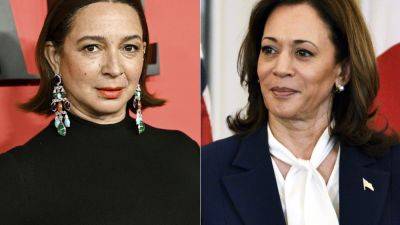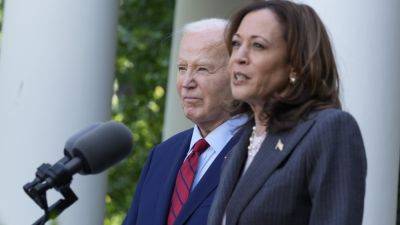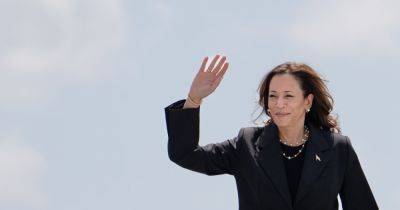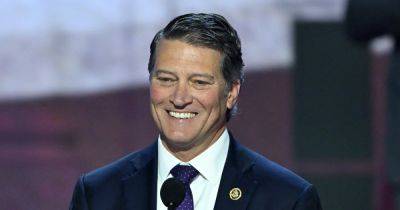Iran's new president may be a reformist, but change remains distant
- Described as a "token reformist" and "second-tier candidate" by many analysts, the 69-year-old Pezeshkian, a former heart surgeon, was seen as having scant chance at the presidency.
- The president-elect "faces substantial challenges from entrenched hardliners and external pressures, making his presidency a critical and uncertain chapter for Iran's future," one Iran analyst told CNBC.
- "Reformist" is a relative term in Iran, as Pezeshkian has expressed no intention to challenge the country's theocratic system.
Iran on Friday elected its first "reformist" president in 20 years, signaling many voters' rejection of hardline conservative policies amid low turnout of just 49%, according to official figures.
Masoud Pezeshkian, a former health minister and member of parliament, was the most moderate of the candidates vying for the presidency after the sudden death of former President Ibrahim Raisi in a helicopter crash in May.
Described as a "token reformist" and "second-tier candidate" by many analysts, the 69-year-old Pezeshkian was seen as having scant chance at the presidency as he lacked name recognition and was up against a highly conservative system.
"The whole election process leading to Pezeshkian's victory now has indeed been surprising. It does mark a notable shift in Iran's political landscape," Sina Toossi, a senior non-resident fellow at the Center for International Policy, told CNBC.
The result, Toossi said, "reflects a complex interplay of voter discontent, abstention, and a desire for change. Despite the heavily controlled and undemocratic nature of the election process, Pezeshkian's success signals a rejection of hardline extremism and an appetite for reform and better relations with the global community."
His







